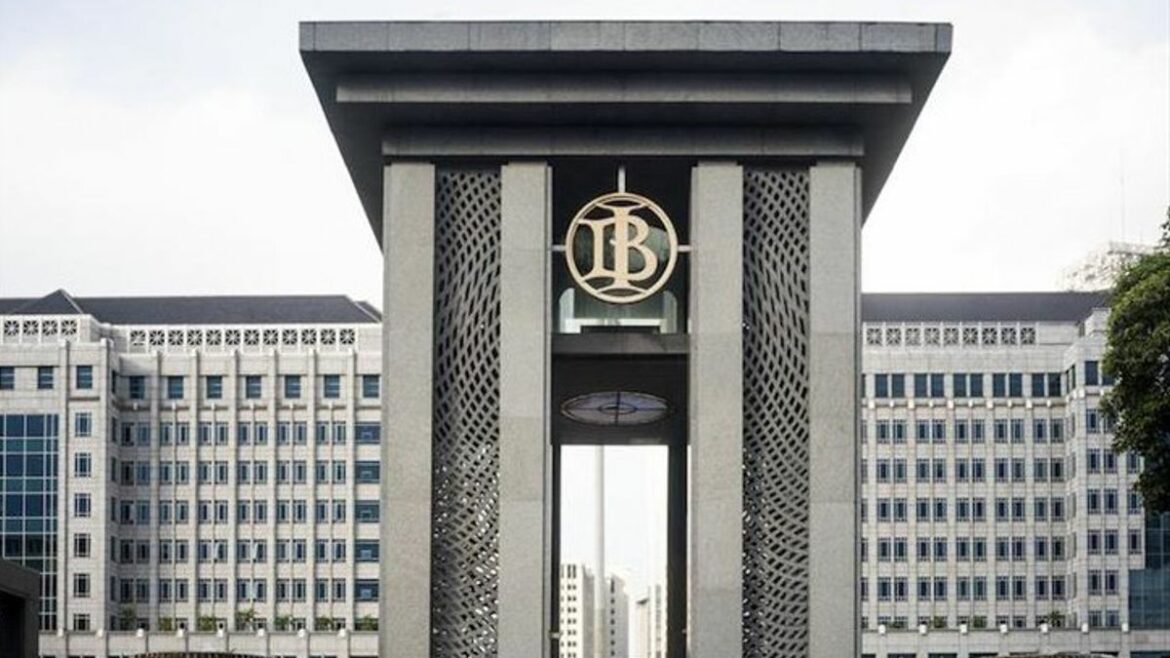Central Bank
A central bank is a financial institution responsible for regulating the monetary policy of its respective country or region. It is also responsible for issuing currency, controlling inflation and setting interest rates. The primary role of a central bank is to maintain macroeconomic stability in an economy by managing money supply, economic growth, and price levels. The policies that it implements are designed to maximize employment and promote national economic welfare within specified parameters such as price stability and sustainable long-term growth.
History
The concept of a centralized banking system was first developed during the Renaissance period when Italian bankers created private banks which operated across international borders to facilitate trade between countries. In 1694, King William III formed the Bank of England – one of the world’s earliest examples of a modern central bank – which would go on to become one of Europe’s most influential institutions; many other nations later followed suit with their own versions over time (e.g., Federal Reserve in 1913).
Functions/Responsibilities
Most commonly among its responsibilities are: formulating monetary policy decisions; acting as lender-of-last resort for commercial banks; being custodian & manager for foreign exchange reserves & gold reserves; developing payment systems within economies like electronic payments & credit cards; supervising commercial banks in order to ensure they remain solvent while meeting customer demands adequately; conducting market operations (buying / selling securities); providing oversight over capital markets including stock exchanges & derivative markets ; collecting data on financial activities occurring throughout an economy via government agencies like tax authorities or census bureaus etc.. Additionally some Central Banks may have advisory roles providing technical advice related to development projects at both domestic level or abroad i.e International Monetary Fund (IMF).
Impact Of Central Banks On Cryptocurrency Markets
Since cryptocurrencies operate outside traditional banking networks governed by centralized entities such as governments or central banks, investors often view them skeptically due to lack trust associated with these new digital assets not backed up by any official body . Despite this decentralized nature there has been greater acceptance from mainstream finance recently whereby various regulatory bodies around globe are now actively monitoring crypto trading activity through applying same set rules applicable towards stocks ,futures contracts etc… This increased scrutiny can provide much needed assurance about integrity behind transactions thereby attracting more institutional funds into space resulting positive impact overall upon prices


